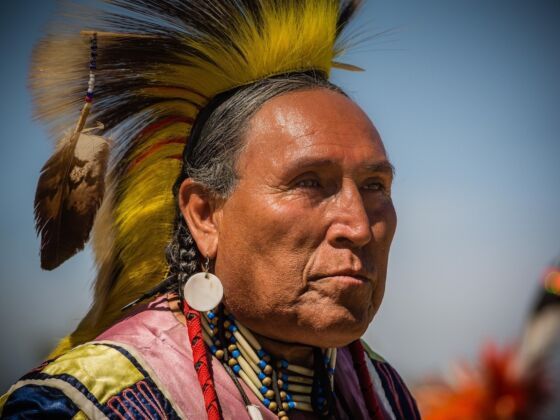1. Columbus never landed in the U.S.
Christopher Columbus actually anchored in the Bahamas. If we wanted to celebrate explorers who actually set foot in the United States, we would have to honor people like Juan Ponce de Leon (arrived in Florida in 1513), Alonso Alvarez de Pineda (arrived in Texas in 1519) or even fellow Italian Giovanni da Verrazzano (arrived in New York Harbor in 1524).
